The New Law of Multi-Party Divided Infringement: The Impact on Internet, Electrical, Computer Science, and Life Science Patents
When
December 5, 2012
In a “sweeping change to the nation’s patent policy,” the Federal Circuit has changed the law on multi-party divided infringement. Your interactions with your customers and supplier could now form the basis for an infringement claim even when those third parties are not acting under your control. Does your company need to review its relationships with customers, suppliers, and other third parties to avoid patent infringement? Have your own patents now become an even more potent weapon against your competitors? Join us on Wednesday, December 5 at the Renaissance Boston Waterfront Hotel for an interactive session regarding divided infringement. The talk will be followed by a networking cocktail reception with your peers in the industry.
The Federal Circuit in Akamai v. Limelight, has reset the standards for induced infringement. The court rejected the tougher mastermind/agent test for induced multi-party infringement and held that an alleged infringer may be liable for inducing infringement of a method claim if it (i) performs some of the steps and induces another party to perform the remaining steps or (ii) induces other parties collectively to perform all of the claim steps. Importantly, and contrary to prior Federal Circuit panel decisions, the court held that inducement liability does not require that there be a single induced party that performs all of the claimed steps, or that the induced party be under the direction or control of the inducer.
The panel presentation will discuss how the standards for direct infringement in a multi-party environment will be applied in conjunction with the new inducement standards. We will also discuss the strategy implications for litigation and patent prosecution:
- How this affects Internet-related and business method patents - positively for patent holders, negatively for alleged infringers
- How this affects pharmaceutical and biotech therapy patents - do the new standards create "no case or controversy" problems for enforcing method claims under Hatch-Waxman?
- How the new, broad standards can make what was thought to be permissible, now impermissible
- How the standards for inducing acts will be construed (e.g., causing, urging, encouraging, or aiding)
- Companies may need to revisit their interactions with customers, suppliers, and other third parties to avoid patent infringement
- What steps should companies facing potential broad liability now take?
- Obtain opinions of counsel to support a "lack of intent" defense against future inducement charges
- Review contracts and other aspects of relationships with customers, suppliers, and other third parties to avoid patent infringement
4:00pm - Registration
4:30 - 6:30pm - Presentation and discussion
6:30pm - Cocktail reception




